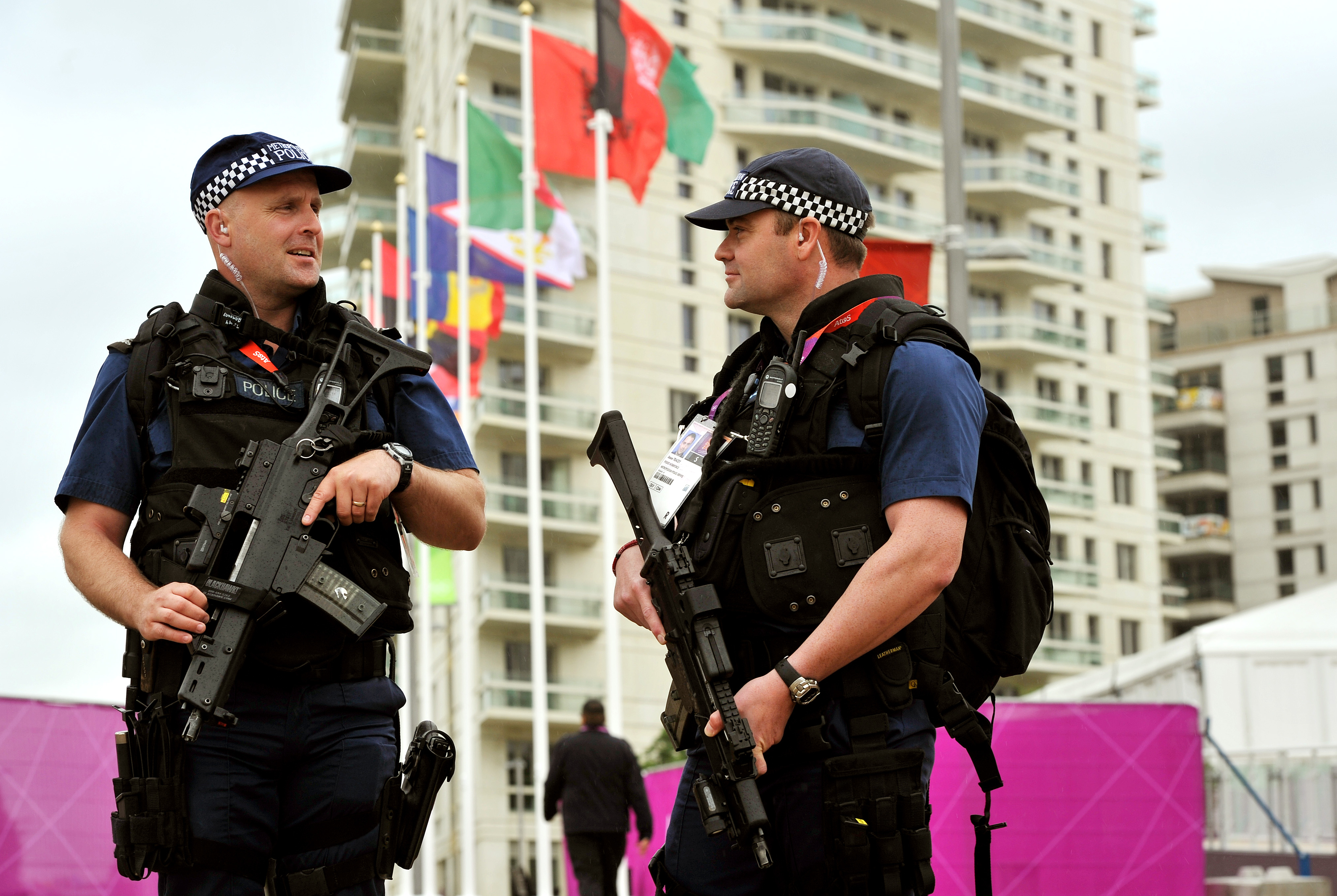The latest spin in the seemingly never-ending saga that is the Rio Olympics comes in a slashing of $500 million from the security budget, with the games just six months away.
The announcement is certainly less than ideal, coming on the same day that terrorist attacks struck Brussels, killing at least 30 people and injuring over 200 more. According to Vice, Rio had over 1,200 homicides in the city in 2015.
Pubic security secretary José Mariano Beltrame insists that there is nothing to worry about. “Bring on the Olympics!” he told Brazilian magazine Istoé in an interview in January. “The security part is ready. I think it’s our first medal.” Yesterday, Beltrame told reporters that police cars will be reduced, as well as maintenance contracts.
On top of all of this, over a million people protested in the streets against President Dilma Rousseff’s government, claiming the economy has been mishandled. Demonstrations have been peaceful, but to monitor that, on top of the entire world visiting for the Olympics is quite a burden.
Another huge concern is that Brazil isn’t exactly a small country, and protecting its perimeter is already a tall task. Despite the cuts, Rio is expected to use other methods to help protect people against terror attacks. “We are using all means available including our own personnel and methodologies, as well as support from foreign intelligence services and the cooperation of the police and the Ministry of Defense,” Luiz Sallaberry, the director of the Brazilian Anti-Terrorism Department, in an interview with Deutsche Welle last year, via Vice.
“Brazil has no history of tourist attacks, so they refuse to explore the possibility, because of geographical factors or because people in other countries see Brazil as a friendly country,” Paulo Storani, former cop and security expert told Vice. “But the logic behind the idea that there’s less risk because some people think Brazilians are friendly people is absurd.”
[Vice]







